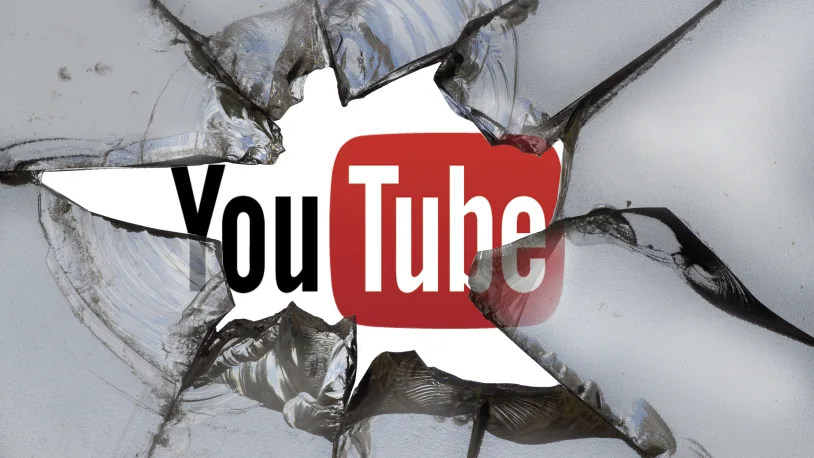The YouTube case, which had creators on the edge of their seats at first, is gradually losing its luster. Plaintiff Maria Schneider, a Grammy-winning jazz musician, is now facing the prospect of a case that will have minimal impact on Content ID.
With only a few days until the June 12 trial, Schneider is making yet another desperate bid to certify the lawsuit as a class action. Schneider’s legal team has asked the Ninth Circuit to put the case on hold until their appeal of Judge Donato’s May verdict is reviewed.
Maria Schneider’s Content ID case rose to prominence last year, appearing to be the savior who could reshape the world of copyright infringement. However, much to the chagrin of many, the case has gone fairly miserably. YouTube appears to be undamaged, and artists’ hopes for universal access to Content ID may stay just that – hopes.
Schneider’s team initially requested class-action status, estimating 10,000 to 20,000 claimants. Judge Ronald Donato, on the other hand, held that “copyright claims are poor candidates for class-action treatment.”
RELATED: YouTube Ad Revenue Fell To $6.7 Billion In The First Quarter

Schneider’s legal team feels that the verdict was “erroneous” and that it should be reversed. They have now asked the Ninth Circuit to stay the future court proceedings until a determination on class action certification is made.
Unless the district court’s refusal of class certification is reversed, the claims will be heard separately, incurring enormous costs associated with duplicate trials. If the litigation is allowed to proceed as planned on June 12, Schneider’s attorneys contend that the plaintiffs will be forced to file separate claims.
Schneider and the other plaintiffs claim that YouTube does not do enough to help independent creators avoid unlawful distribution of their material on the platform.
RELATED: The Late Pink Floyd Star Syd Barrett’s Estate Has Launched An Official YouTube Channel

According to the lawsuit, while YouTube’s Content ID is a sophisticated rights management system, it is only available to large copyright holders. Meanwhile, independent content creators must actively monitor and handle unlicensed use of their work. Plaintiffs claim that YouTube’s manual approach is faulty, meaning that the Google-owned firm fails to fulfill its copyright obligations to prevent infringement of works on its platform.
Unless Schneider’s appeal to the Ninth Circuit is successful, the lawsuit’s primary goal of forcing YouTube to provide universal access to the Content ID management system is doubtful.
Download The Radiant App To Start Watching!
Web: Watch Now
LGTV™: Download
ROKU™: Download
XBox™: Download
Samsung TV™: Download
Amazon Fire TV™: Download
Android TV™: Download

